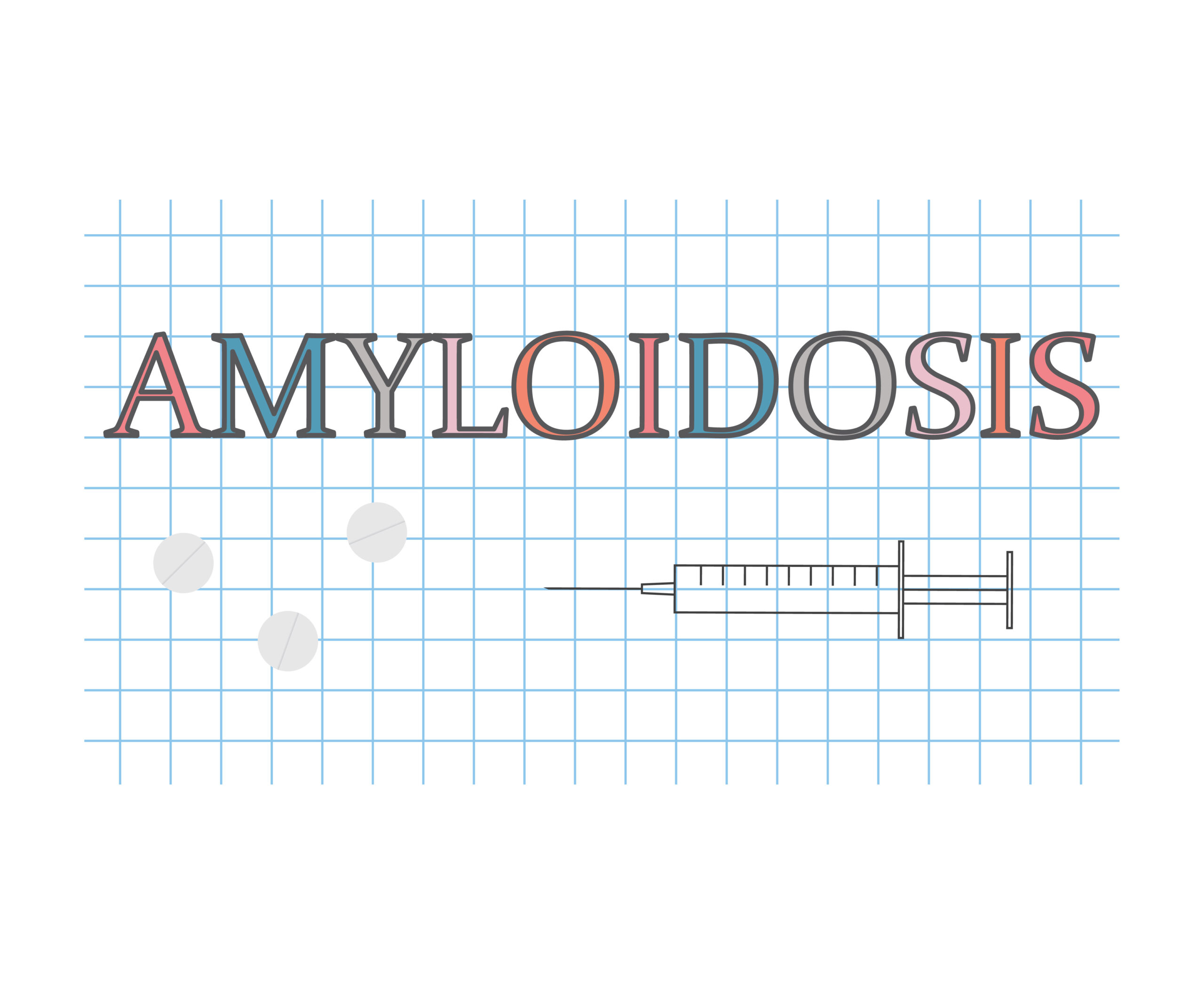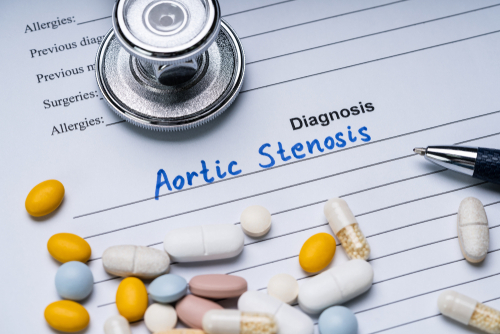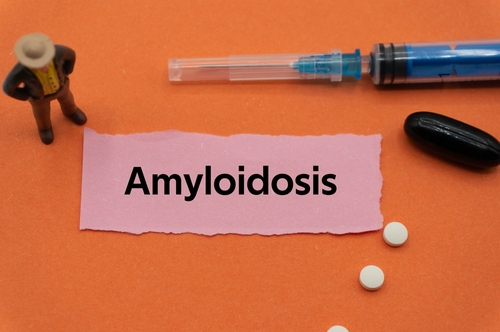
ISA 2024
Advertisement
The CardioNerds and Dr. Alexander discuss the findings of the ATTRibute-CM clinical trial.
The CardioNerds and Dr. Alexander analyze biomarkers in ATTR-CM.
The CardioNerds and Dr. Kevin M. Alexander discuss the nuances of transthyretin amyloid cardiomyopathy.
Treatment-related early increase in serum transthyretin levels are associated with reduced CV-related hospitalizations.
A study uncovered surprising findings regarding the presence and nature of transthyretin in stenotic aortic valves.
A study investigated the prevalence and implications of ATTR-CA across different heart failure phenotypes.
A case series explored the impact of possessing more than 1 pathogenic variant of the TTR gene on the severity of ATTR.
A study underscores the importance of NT-proBNP as a biomarker in stratifying disease severity in ATTR-CA.
One in 10 patients with wild-type transthyretin amyloidosis will also have aortic stenosis.
Health-related quality of life is poor among patients with the transthyretin amyloidosis variant type.
Acoramidis treatment compares favorably with tafamidis in patients with transthyretin amyloid cardiomyopathy.
A recent study found that 73% of patients with ATTR-CA had AF at diagnosis.
Frailty is an important consideration for patients with amyloid transthyretin cardiac amyloidosis, who are often elderly.
Patients with transthyretin amyloidosis with or without cardiac involvement have a particular intestinal microbiome profile.
Ongoing occupational therapy is fundamentally important for patients following a variant transthyretin amyloidosis diagnosis.
The use of artificial intelligence-powered medical record data is effective in the early detection of systemic amyloidosis.
Advertisement


















 © 2025 Mashup Media, LLC, a Formedics Property. All Rights Reserved.
© 2025 Mashup Media, LLC, a Formedics Property. All Rights Reserved.